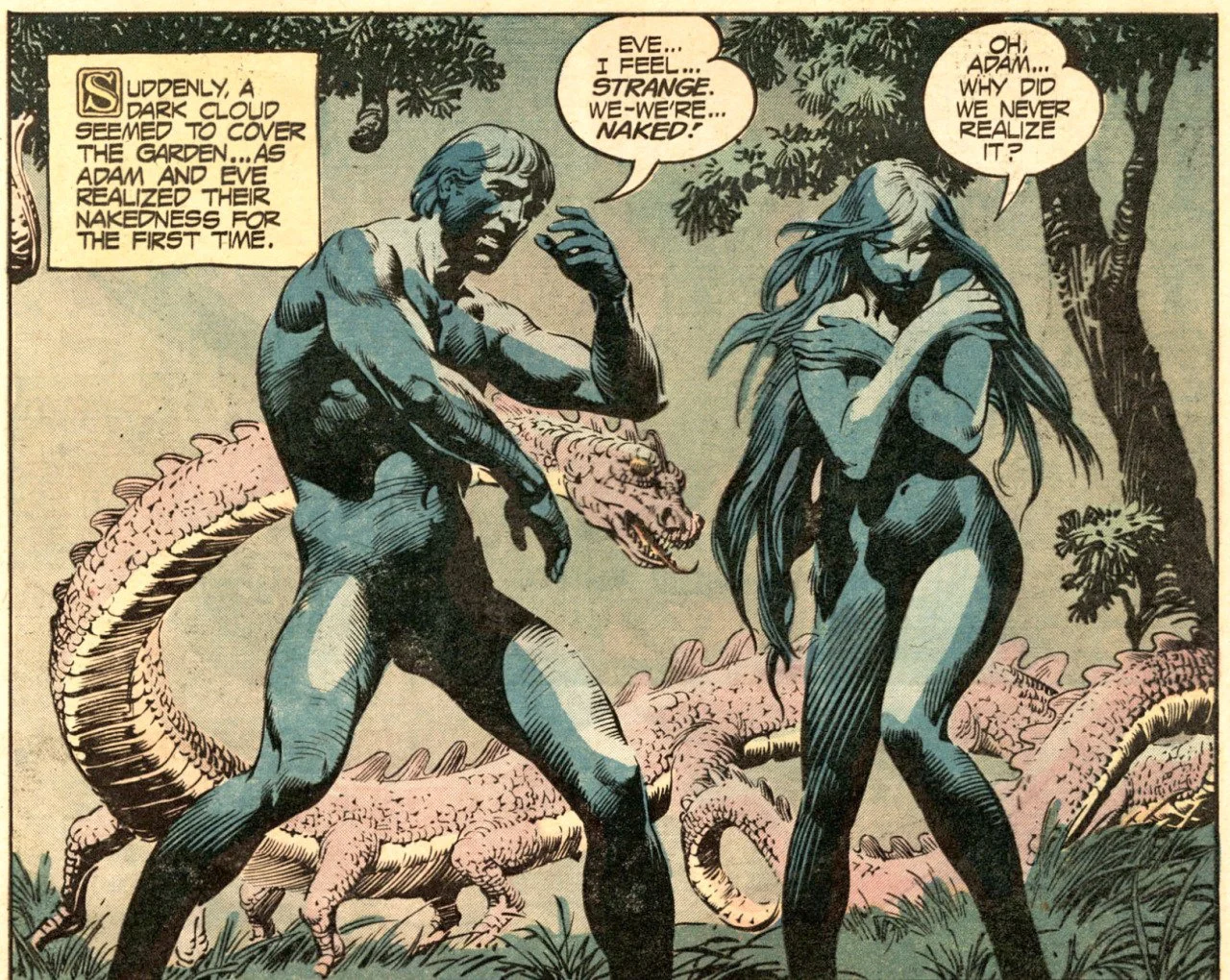Of course, there are conflicts. But in reality, they don't exist.
How is that possible? It sounds like nonsense, an allogism.
Imagine a cloud. It looks solid. It moves. It takes different shapes.
A storm cloud pours rain and lightning. It blocks the sun. It brings gloom.
But rise higher, and you'll find beauty, harmony, and peace.
"At a certain height, the conflict is resolved," says my therapist.
The harmful factor loses its power. It exists, but not for you.
Your perspective is all that changed. It went from looking up to looking down.
That's why conflicts sometimes seem solid, then get immediately resolved.
Are you ready for takeoff? I'll start the countdown: 10, 9, 8, 7, 6, 5, 4, 3, 2, 1...
Sincerely yours,
-Alexander
About me:
As a business therapist, I help tech founders quickly solve dilemmas at the intersection of business and personality, and boost company value as a result.
How can I help you?
If you've long been trying to understand what is limiting you and/or your business and how to finally give important changes a push, then The Catalyst Session is designed specifically for you. Book it here.





















